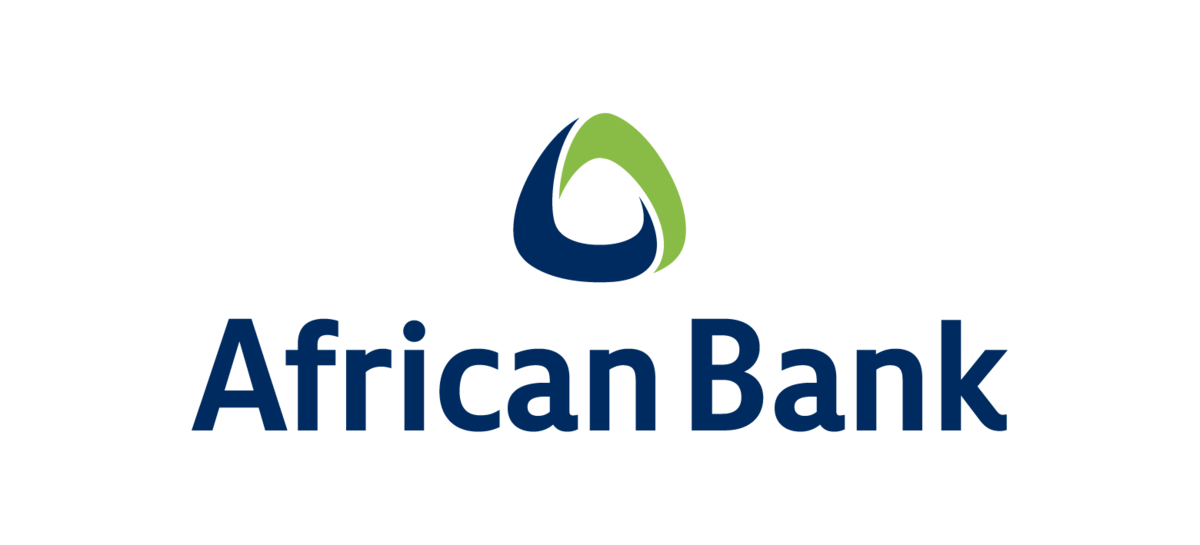A sugar stakeholders meeting that was held at the Department of Trade and Industry’s (the dti) Sunnyside Campus in Pretoria, to discuss the imminent challenges faced by the Sugar Industry, has resolved to establish a Sugar Value-Chain Task Team. The Task Team is between government and the private sector and composed of representatives from Beverage Industry, Retailers, South African Sugar Association (Sasa), small holder farmers, small manufacturers and the Industrial Development Cooperation. The aim of the task team is to seek rapid solutions to the challenges facing the industry focusing on short, medium to long term plans. The meeting was co-chaired by the Minister of Trade and Industry, Dr Rob Davies and the Minister of Economic Development, Ebrahim Patel.
The first meeting of the Task Team will be held on Wednesday, 30 May 2018. It is expected that joint recommendations from the Task Team will be submitted to the Ministers concerned. The was a view that through collaboration between Government and Private Sector some better solutions in terms of inclusive growth, transformation, competitiveness and sustainability of the industry can be attained
According to the report from SASA Chairman, Mr. Suresh Naidoo, the biggest threat to the industry has been the sustained increase of deep sea sugar imports, peaking at just around 500 000 tons in 2017/18 season. The effect is that this imports displace locally produced sugar into the depressed global sugar market.
The South African Farmers Development Association (Safda) stated that the prices for the sugar cane have declined to such an extent that some growers have received negative statements at the end of the season and in fact owe to the millers.
Safda is of the view that local producers cannot compete against subsidised foreign countries and the sugar producing countries around the world offer their sugar industry a range of policy support measures to protect them against distorted world market.
The Beverage Industry made proposals regarding proposed interventions in support of small holder farmers in the sugar industry and also how to improve productivity in the sugar value chain.
Sugar is a strategic industry in South Africa, contributing an estimated R14-billion to the gross domestic product. The industry employs 85,000 people directly, and indirectly provides work for a further 350,000 people in food processing and other industries.
Issued jointly by the Departments of Economic Development, Forestry & Fisheries and
Trade & Industry
Enquiries:
Sidwell Medupe-Departmental Spokesperson
Tel: (012) 394 1650
Mobile: 079 492 1774
E-mail: MSMedupe@thedti.gov.za
Follow us on Twitter: @the_dti
About Us
 The Northern Business Review is a business community newspaper that provides a platform for businesses to market their products and services, as well as build their brand, but equally important the publication provides information, advice and topics of interest, including business, entrepreneurial, economic reviews and simple ideas to grow your business. The publication has a primary objective to “uniquely” represent businesses to a wide audience across the community as well as provide a media platform of business articles and information that affect, influence and uplift the business environment within our defined geographical and cultural community.
The Northern Business Review is a business community newspaper that provides a platform for businesses to market their products and services, as well as build their brand, but equally important the publication provides information, advice and topics of interest, including business, entrepreneurial, economic reviews and simple ideas to grow your business. The publication has a primary objective to “uniquely” represent businesses to a wide audience across the community as well as provide a media platform of business articles and information that affect, influence and uplift the business environment within our defined geographical and cultural community.
Recent Posts
- The HUAWEI MatePad T 10s 64GB: the ideal tablet for families
- TIGER BRANDS CULINARY DIVISON PARTNERS WITH BACARDI HOLIDAY CLUB FESTIVAL AS THE OFFICIAL FOOD SPONSOR
- Prevent the silent onset of chronic kidney disease. Here’s how
- 15-minute neighbourhood trend on the rise across SA
- 3Sixty Biopharmaceuticals enters into a sales and distribution agreement with Adcock Ingram’s OTC division










